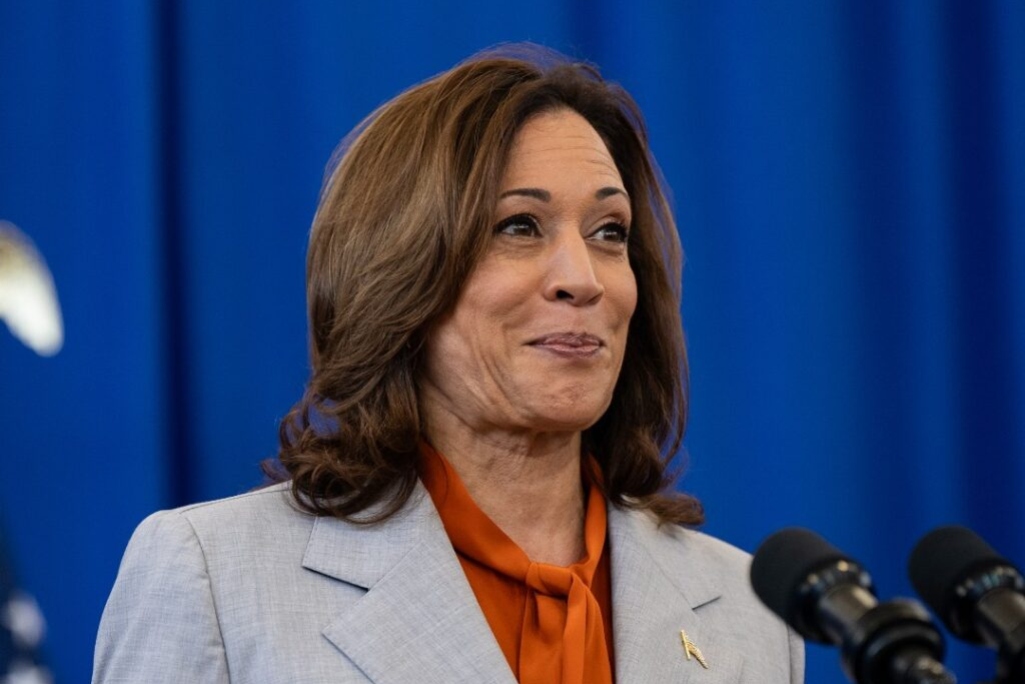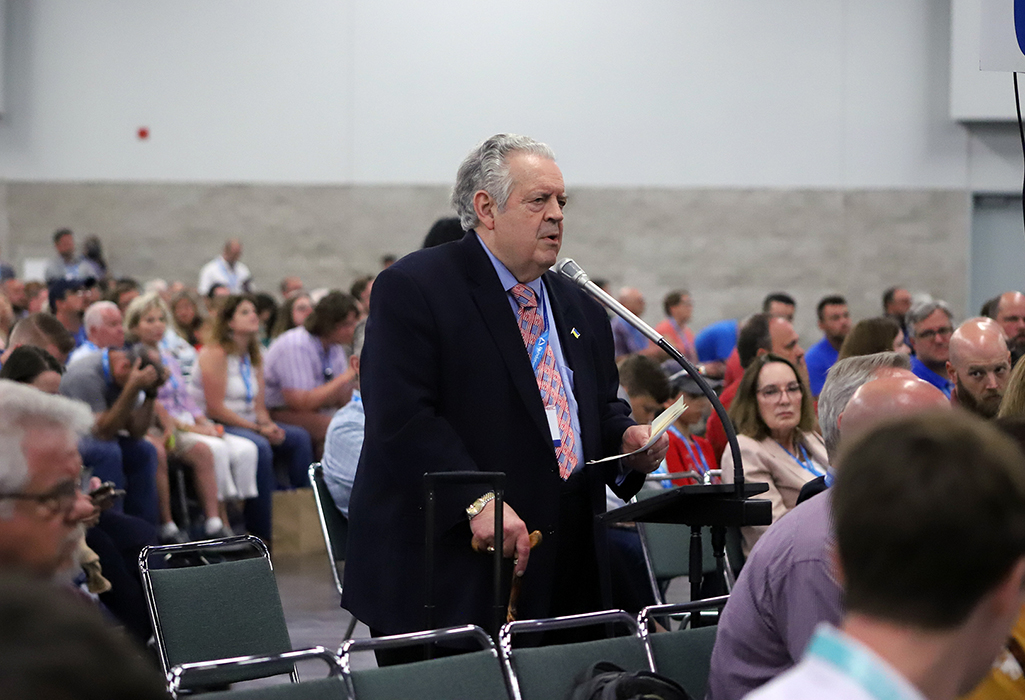Discipling children really comes down to teaching them to love God and love others. Loving others means loving all others. If we believe all human beings are created in the image of God, we need to teach our children that all people have worth and value. This includes those human beings still in the womb.
Raising children who believe in the sanctity of human life will be counter-cultural and will undoubtedly lead to some hard conversations.
For many reasons, most parents dread hard conversations with their children. Discussing sensitive issues can feel awkward or embarrassing. These conversations are going to look different for each family as parents prayerfully consider how to best approach these topics.
In our home, we talk with our kids about hard topics openly, honestly and often. We also strive for our children to see action behind our words. Hard conversations will be less awkward and easier if they are continually weaved into the on-going, natural daily conversations we have with our children.
Discuss openly and honestly with your children
Children should be confident that they can ask their parents about anything, and their parents will give them the best answer they can. Sometimes conversations begin after our children have heard something on a television show, at school or at church. Often, we talk about issues as they come up in our daily scripture reading. However the topic comes up, it’s important to engage with our children instead of dismissing their questions about sensitive or awkward topics.
While we absolutely should be wise to discuss issues in an age-appropriate manner, parents must consider that we want to be the ones that our children come to with questions, when they are confused and when they have sinned. If we shy away from tough conversations or avoid their questions, they may not approach us in the future. Create a safe space where your children know that all questions and topics are welcome.
It is important for our children to not simply know where we stand on certain issues, but to know what God says about them. Turning to scripture to answer our children’s questions should be our default. We ultimately want our children to know God’s heart and how He views people. Open the Bible and let kids read where God says, “So God created man in his own image” (Gen 1:27 CSB) and where David worships “For it was you who created my inward parts; you knit me together in my mother’s womb” (Psalm 139:13).
Some parents may choose to be pro-active with conversations about abortion and pro-life concerns. This is such a pervasive issue in our world and our children are bombarded with information about it. We want our children to be aware and be prepared with biblical knowledge about the subject. Even if you are not ready to initiate this conversation with your kids yet, being able to give an honest, kid-friendly response to hard questions means that parents need to be prepared for these conversations. Expect this to happen, and probably sooner than you think. Be careful to answer their questions directly and not give them more information than they asked for.
Whichever approach is best with your children, be ready to engage in open dialogue and point them to God’s word so they will be equipped with truth.
Speak often about the sanctity of life
The Christian parent should strive to raise children who view people as being created in the Imago Dei. Even when we’re busy, tired or overwhelmed, taking the time to highlight the worth of others instead of judging their situation is an important part of discipling our children. Our children need to see us extend grace and kindness to others. We are able to love others because of the love God has extended to us. When we consider the gospel and the undeserved sacrificial love we receive, our response should be to love others.
As you are given the opportunity, make sure your children know that God created each and every baby on purpose and with a purpose. We should speak up for those lives and passionately fight for them. God also created and loves the mothers and fathers of those babies, and He desires a relationship with them. We offer love, encouragement and support to the parents of these babies with equal fervor.
Love in word and deed
It is important for us to talk about valuing all human life. It’s even more important for our children to see us move past the concept of being pro-life and see our words in action. First John 3:18 reminds us, “Little children, let us not love in word or talk, but in deed and truth.”
Pray with your children, as a family for your local pregnancy resource center. Pray for the families who are experiencing unplanned pregnancies. Pray for the workers and patients at the abortion clinic. Pray for your leaders and lawmakers who make decisions regarding abortions.
If possible, get involved in your local crisis pregnancy center. There are always ways for volunteers to serve. Find out what needs they have and collect items to donate. Participate in their fundraisers. There are plenty of ways even the youngest children can learn to serve.
My oldest son was six years old when he helped us paint a room for our local pregnancy center and he was seven years old when he ran in a 5K race during the annual Walk for Life. He had many questions about what we were doing and why we were doing it. In his young heart he knew we were “trying to save the babies who had mommies that were having a really hard time.”
We began to see his heart break for the hurting people in our community and in his own way, he wanted to help them. He did not have to know the medical terminology involved in abortion or all the reasons why women feel that aborting their baby is their only choice. He only needed to know that God created and loves these babies and their mommies and daddies, and we should love them too.
Being pro-life individuals is not just a small, separate compartment of our lives; it’s who we are. We want our children to know this as they grow and begin to form their own thoughts and beliefs. I don’t just want my kids to know where I stand on certain political issues, I want my children to know that I love and value all human beings. If we want to truly reflect the heart of God in our world, we will make it a priority to teach our children to love the least of these.
(EDITOR’S NOTE – Lindsey Fescoe serves in the Kid’s Ministry at Fairview Baptist Church, Apex, and blogs at lindseyfescoe.com.)


